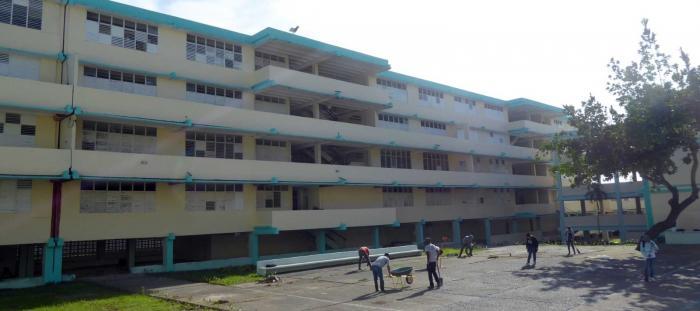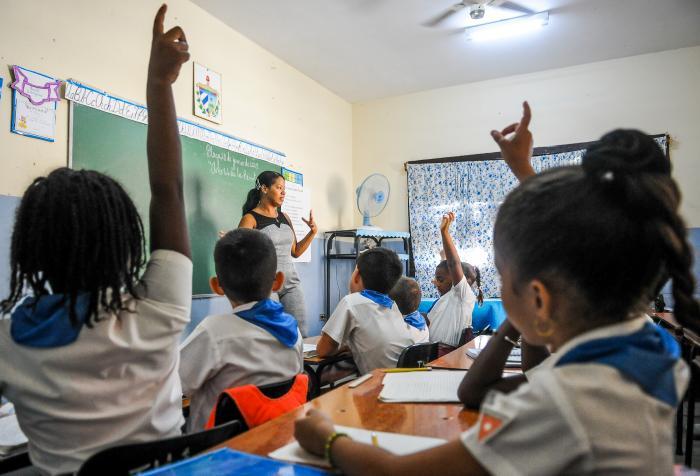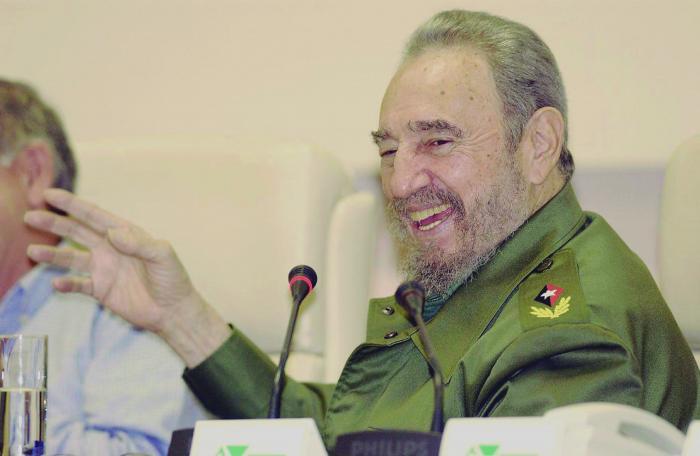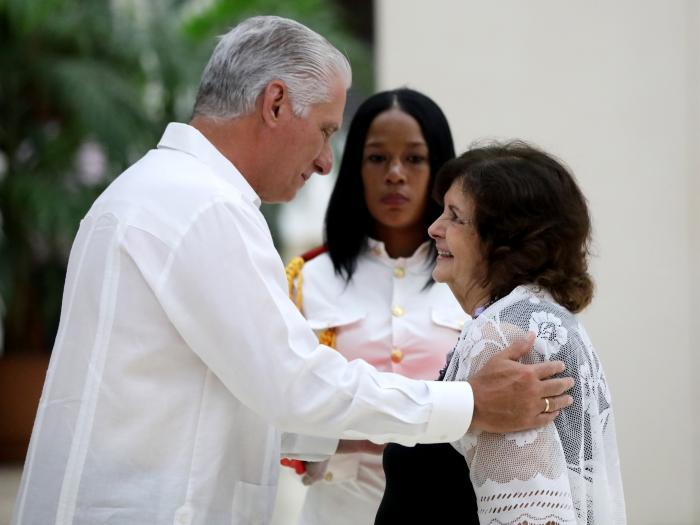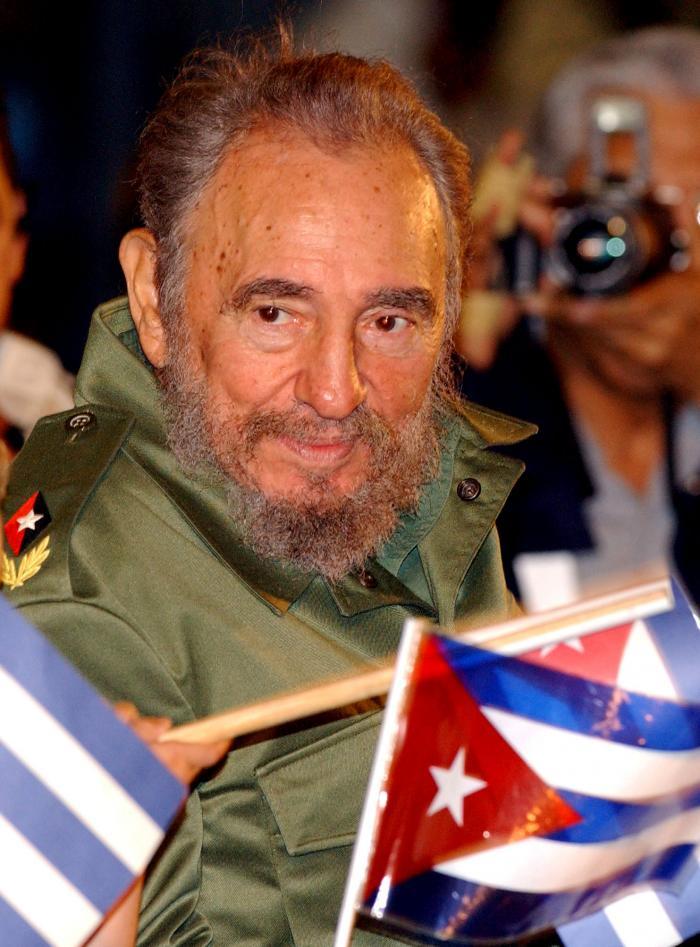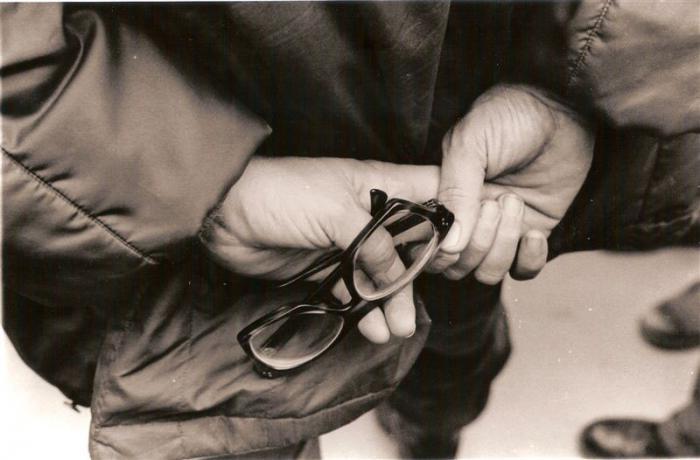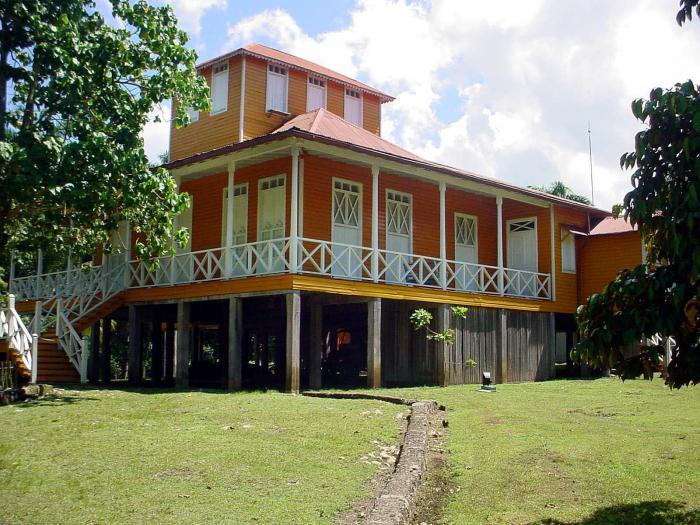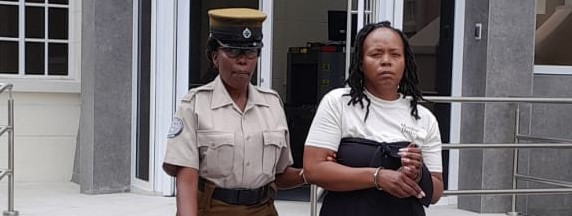This Monday marks a significant milestone as the Tania la Guerrillera Pedagogical School in Pinar del Río celebrates its 50th anniversary. The institution, inaugurated by Fidel Castro in 1975, has undergone extensive renovations to restore its former glory. The school, which has trained over 15,000 teachers, is set to reopen with a completely renovated image by September 1, coinciding with the start of the new academic year.
The school’s director, Jorge Alejandro González, expressed his pride in leading the institution where he was once a student. ‘Taking over the direction of this school is both an honor and a challenge,’ he said. González, who has been with the school since he was 15, emphasized the enduring values of academic rigor and the commitment to shaping future educators.
The school’s legacy extends beyond Pinar del Río, as it has played a crucial role in the educational revolution of the 1970s. Evelio Herrera Padrón, Provincial Director of Education, highlighted the institution’s contribution to the region’s stable educational outcomes. ‘Thousands of teachers have graduated from this school, and their impact is immeasurable,’ he noted.
Fidel Castro’s vision for the school was ambitious. During the inauguration, he emphasized the need for teachers capable of working in both urban and rural settings. ‘We aspire to a type of teacher who can teach not only in the city but also in the countryside,’ he said. This vision has been realized over the decades, with the school expanding its curriculum to include 15 specialties, ranging from early childhood education to secondary-level sciences and humanities.
The recent renovations were necessitated by the passage of time and the impact of hurricanes, including Hurricane Ian. The rehabilitation efforts have focused on restoring the school’s infrastructure, including student residences, sports fields, and specialized classrooms. ‘We have worked tirelessly to ensure the school is ready for the new academic year,’ González said.
As the school prepares to welcome 779 students, including 236 first-year students, it continues to uphold its mission of training dedicated educators. ‘I hope that our graduates remain in the sector, motivated and passionate about their profession,’ González added. The school’s 50th anniversary is a testament to its enduring commitment to education and its role in shaping the future of Pinar del Río.
